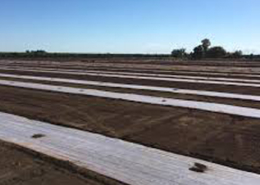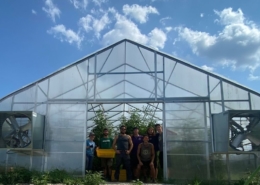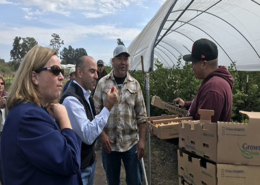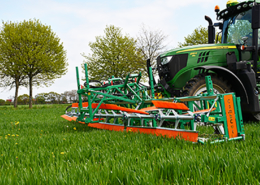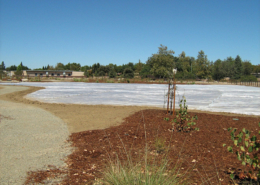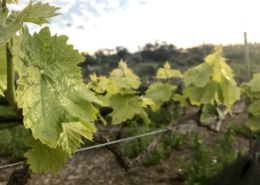Pest Management
Pest management encompasses a broad range of topics related to pests of crops such as weeds, diseases (fungal, bacterial and viral), insects, vertebrates (gophers), and slugs and snails. Pests of livestock include filth flies and various diseases caused by fungi, bacteria or viruses, not to mention predators. The information provided here is focused mostly on ecological approaches to pest management. If you can eliminate or reduce the conditions which favor pest populations, these preventive actions can help avoid more expensive measures needed to control pest outbreaks.
This page offers information on pest management for crops and livestock. Many of the fruit, vegetable, and livestock guides listed in other sections of this website have information specific to pests of those crops or livestock (for example, Grapes: Organic Production has much information on grape pests). If you’re looking for pests of crops, try ATTRA’s Sustainable Pest and Weed Control Database which contains information about materials to help manage a wide range of crop pests, as well as information about prevention of specific pests.
Importantly, this section also has much information about ecologically based approaches to pest management. This type of information is generally broader and focuses on how to better manage your farm’s ecology in order to reduce pest populations.
Use ATTRA’s Sustainable Pest and Weed Control Database Here

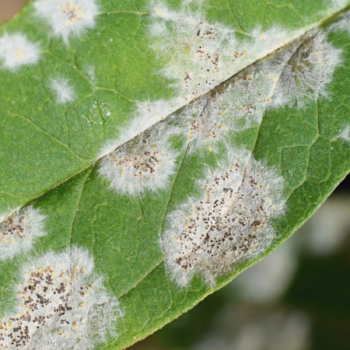
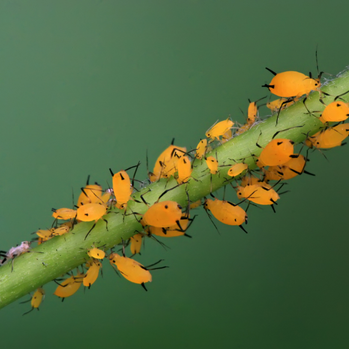
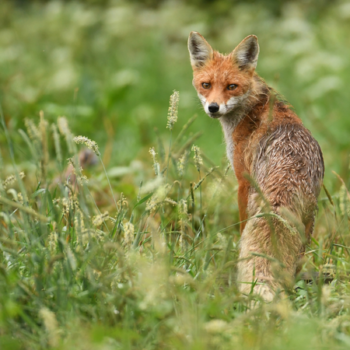
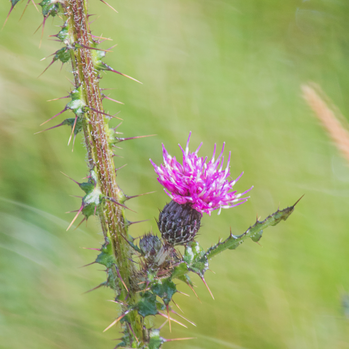
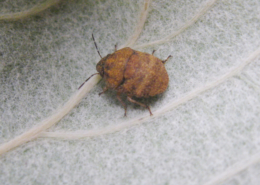
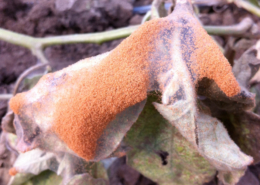
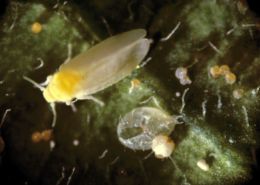
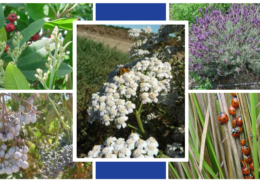
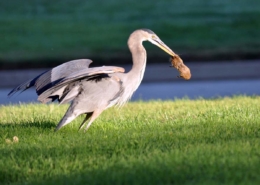
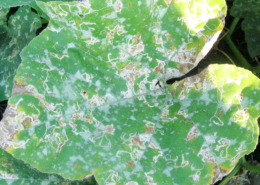
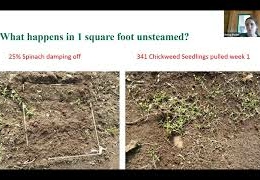
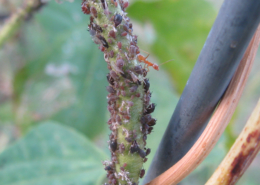
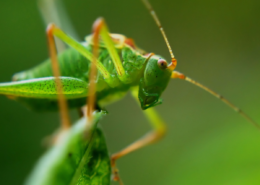 Canva Pro
Canva Pro